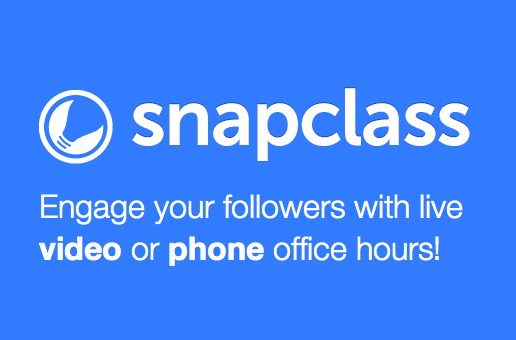Instagram and its billion-dollar purchase by Facebook are making big dreamers out of budding entrepreneurs. The flash and sexiness of a product that fetches an insane price tag gets the wheels turning in the brain: “Can I launch the next Instagram or Pinterest and create a huge payday?”
Of course, the truth is less glamorous. If you want to start a business, trying to come up with the next “big thing” is like climbing Everest in a pair of sneakers. A business plan is essentially just a bunch of guesses. The truth is you really have no idea how the market will react to your product until it’s in the wild, and investors only have hunches to gauge whether they’ll get a payday of their own. There’s a better way – and while it’s not as sexy and cool as creating the next Path or Airbnb, it’s a more reliable strategy for creating a successful company and making money. (Which, in my opinion, are attractive goals on their own – isn’t making money sexy?) The key is finding a real business need to solve, and creating a product that fits snugly with this market need.


In my own entrepreneurial career, I’ve done both so-called “sexy” and “boring” business concepts, and I’ve had successes and failures in both categories. My latest company solves receivables and invoice collections management hassles for businesses. Seriously, that’s award-winning unsexy! But when you dive in, you start to realize how sexy things like recurring revenues can be, too. It’s product/market fit, not “hotness,” that keeps us afloat. It can also help you get the attention of investors, who can often more easily get their heads around the fact that you are trying to make a fundamental business process incrementally better. They can see real-world metrics that point to real customers for your product. They get excited when they spot an opportunity for using their investment as an accelerant versus spending it to figure out how a particular market will respond to your product or service. Here’s a way to understand how to balance the expectations of making a big splash in a market, and actually attracting paying customers. Let’s say I offer you a briefcase with $5 million inside, and tell you to go start a business – anything you want, as long as I get my money back in three years. You’re going to think, “Well, I’d love to chuck all this money at my dream idea, but there are probably other ways to start a business that will deliver ROI faster.” And the way to get those investors their money back – and create a successful new business – rests, more often than not, in the “unsexy” solutions. A couple of guys down the street are developing a product that solves very specific billing problems for hospitals that work with temporary doctors and need to track and pay them. He saw this problem every day in his job, and could see how much time and money was being lost. Coming up with a business idea the way they did – by seeing the problem and its impact first-hand – can almost guarantee you’ve got that all-important product/market fit. The best problems to solve are the problems you’ve suffered through yourself. If you’ve experienced them and wished they would magically disappear, you can bet others do too. And all those “others” just might be willing to write a check to the entrepreneur who was daring enough to come up with a solution.  About the Author: Brandon Cotter is the founder and CEO of ZenCash, a cloud-based accounts receivable and collections solution for small businesses. Over the past 16 years, he has founded or cofounded numerous companies encompassing online retail, Internet services, wireless software and search. This includes CreateTech (acquired by Broadcast.com) and Musicforce.com (acquired by Gaylord Entertainment). Follow Cotter on Twitter at @txbc and ZenCash at @zencash. photo credit: Adweek.com and blog.impact.upenn.edu  
About the Author: Brandon Cotter is the founder and CEO of ZenCash, a cloud-based accounts receivable and collections solution for small businesses. Over the past 16 years, he has founded or cofounded numerous companies encompassing online retail, Internet services, wireless software and search. This includes CreateTech (acquired by Broadcast.com) and Musicforce.com (acquired by Gaylord Entertainment). Follow Cotter on Twitter at @txbc and ZenCash at @zencash. photo credit: Adweek.com and blog.impact.upenn.edu  









